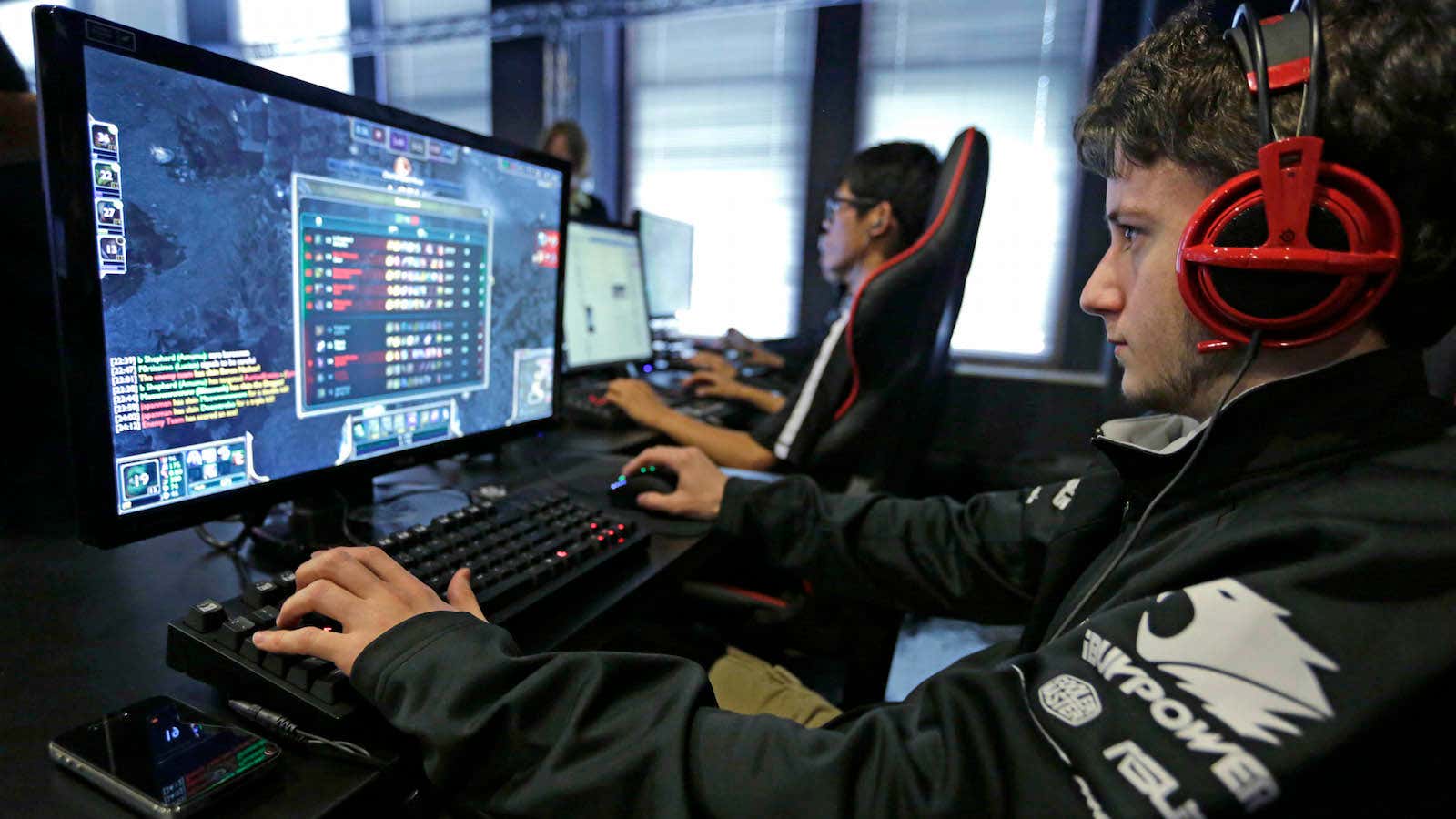That person you barely knew in high school who’s been inviting you to play FarmVille for the past seven years is just one of the 650 million people Facebook says regularly play games on its website.
Those players have done more than make the “Facebook (1)” notification in your browser tab a dubious proposition–they’ve also created billions of dollars in annual revenue for the social media platform, as well as for game developers, according to a recent announcement.
But the games Facebook offers its users can currently only be played within web browsers, and casual gamers now have a plethora of options for playing puzzle games and farming simulators–for free–on Apple’s App Store and Google Play.
Lacking its own mobile operating system, the social giant has never been able to break through to gamers on the go. Now, Facebook seems to have set its sights on another segment of the market: PC gamers. These are players who tend to play higher-end games, often more graphics-intensive than games that can run on the web, and often more expensive.
In May, Facebook announced it would release a downloadable desktop app for games—a new competitor for PC gaming platforms like Steam. And last week, Facebook said it was teaming up with Unity, a popular game development system, to make it easy for Unity developers to release games to the new platform.
If Facebook is looking to expand into the more hardcore PC gaming market while staying relevant on the web, Unity makes sense. The system’s major selling point is that a developer can use it to make one game and distribute it to multiple platforms, including PCs, Macs, consoles, mobile devices–and the web browser as well.
Upon the launch of its new app, Facebook may very well focus on casual games, but the Unity partnership indicates that larger, more traditional PC games could be on the menu as well. Games made with Unity range from simple to highly complex, and many—such as the Kerbal Space Program—have been big hits on Steam, which is the most prominent platform for PC gaming.
And there’s no indication, at least at the moment, that Facebook’s deal with Unity is exclusive, and there’s no technical reason a platform like this couldn’t sell blockbuster titles like Doom or Call of Duty.
In any case, wresting longtime users from Steam won’t be an easy task, and Facebook isn’t the only major tech company entering the market. Microsoft has a game store built into Windows, which features Xbox One integration and exclusive titles. EA and Blizzard both have their own proprietary app stores—Origin and Battle.net, respectively—so they can sell their games directly to players without giving a cut to a middleman.
As always, though, what Facebook does have on its side is its 650 million active game-players, and all the “Facebook (1)” notifications they generate.
